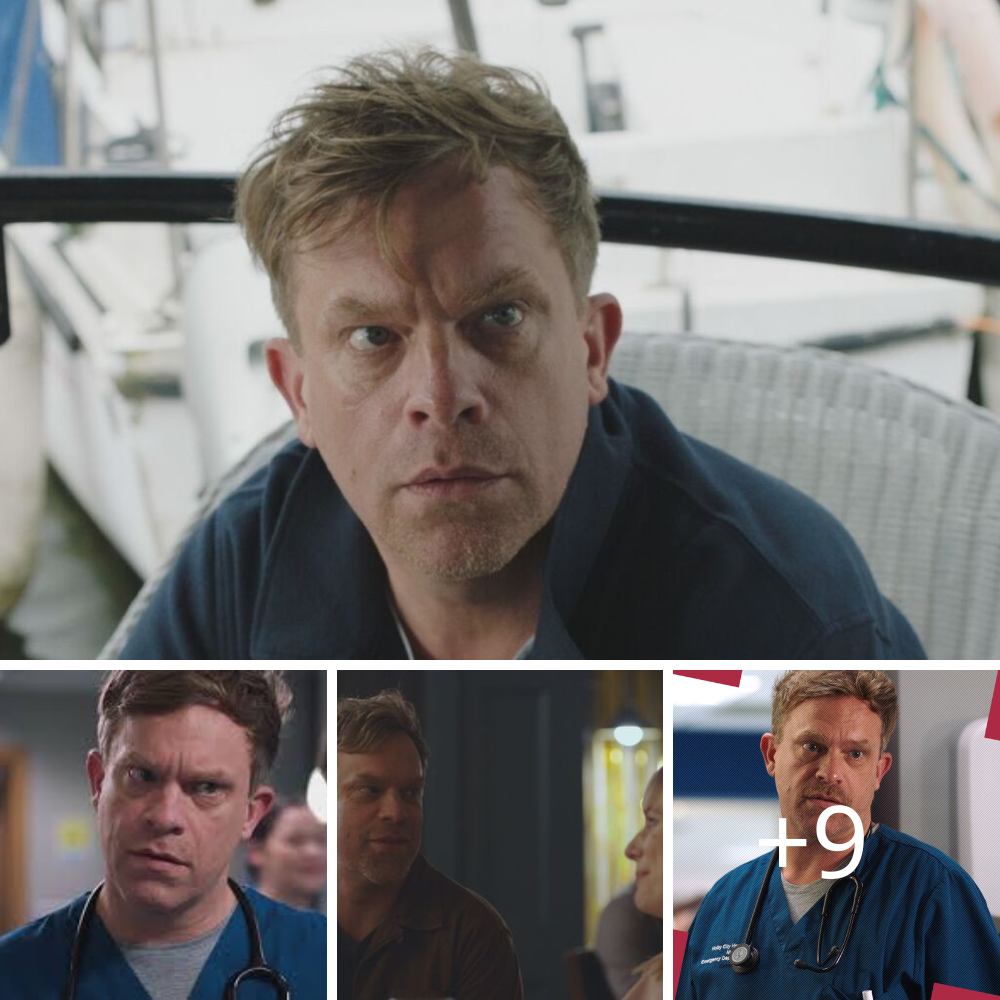As Holby ED descends into a storm of tension and trauma following the death of schoolgirl Carly Wilson, Consultant Dylan Keogh finds himself in unfamiliar territory—not just physically, but morally. Known for his stoic presence and sharp clinical mind, Dylan is forced to confront a profound ethical crisis as he treats casualties from both sides of the violent riot that grips the city.
The emergency department is flooded with patients—protesters injured in clashes with police, officers hurt in retaliation, and innocent bystanders caught in the middle. For Dylan, it’s not just about stopping the bleeding or stitching up wounds. It’s about facing the uncomfortable reality of what justice, fairness, and care mean when emotions are running high and lines are blurred.
Among the injured is a young protester who suffered blunt-force trauma during a confrontation with police. As Dylan assesses his injuries, he listens carefully to the patient’s account—his voice cracked with fear, pain, and frustration. Not long after, Dylan must turn his attention to a police officer with a deep laceration, whose version of events paints a vastly different picture. Suddenly, Dylan is not just a doctor—he’s a witness to two truths, both raw and real, yet deeply at odds.
The weight of the situation begins to gnaw at him. As a man of principle, Dylan has always sought to maintain objectivity in his practice. But as he moves from one patient to the next, it becomes increasingly difficult to remain detached. He begins to question whether neutrality is even possible—or ethical—when the very system meant to protect lives is being challenged on his doorstep.
Further complicating matters, Dylan is asked to sign off on a police incident report, verifying injuries and supporting statements that conflict with what he’s seen and heard firsthand. Torn between professional obligation and personal integrity, he hesitates. Signing it could mean compromising his values, but refusing could put his position—and possibly the hospital—in a difficult legal and political position.
As tensions flare in the ED itself, Dylan also finds himself at odds with colleagues who interpret the events differently. A heated discussion with Flynn Byron underscores their differing worldviews, with Dylan advocating caution and reflection, while Flynn pushes for action and reform. The moment is a stark reminder that even among allies, crisis can fracture unity.
Despite the pressure, Dylan chooses the path that aligns with his core—honesty, transparency, and patient-centered care. He refuses to alter facts or bend to political narratives. While the consequences of his decision remain uncertain, Dylan walks away with his conscience intact, even as the hospital braces for potential fallout.
In a night defined by chaos, Dylan Keogh emerges as a man wrestling with more than just medicine. His moral dilemma reflects the heart of what it means to be a doctor during times of social upheaval: not just treating wounds, but bearing witness to truth—and deciding which one to stand behind.
